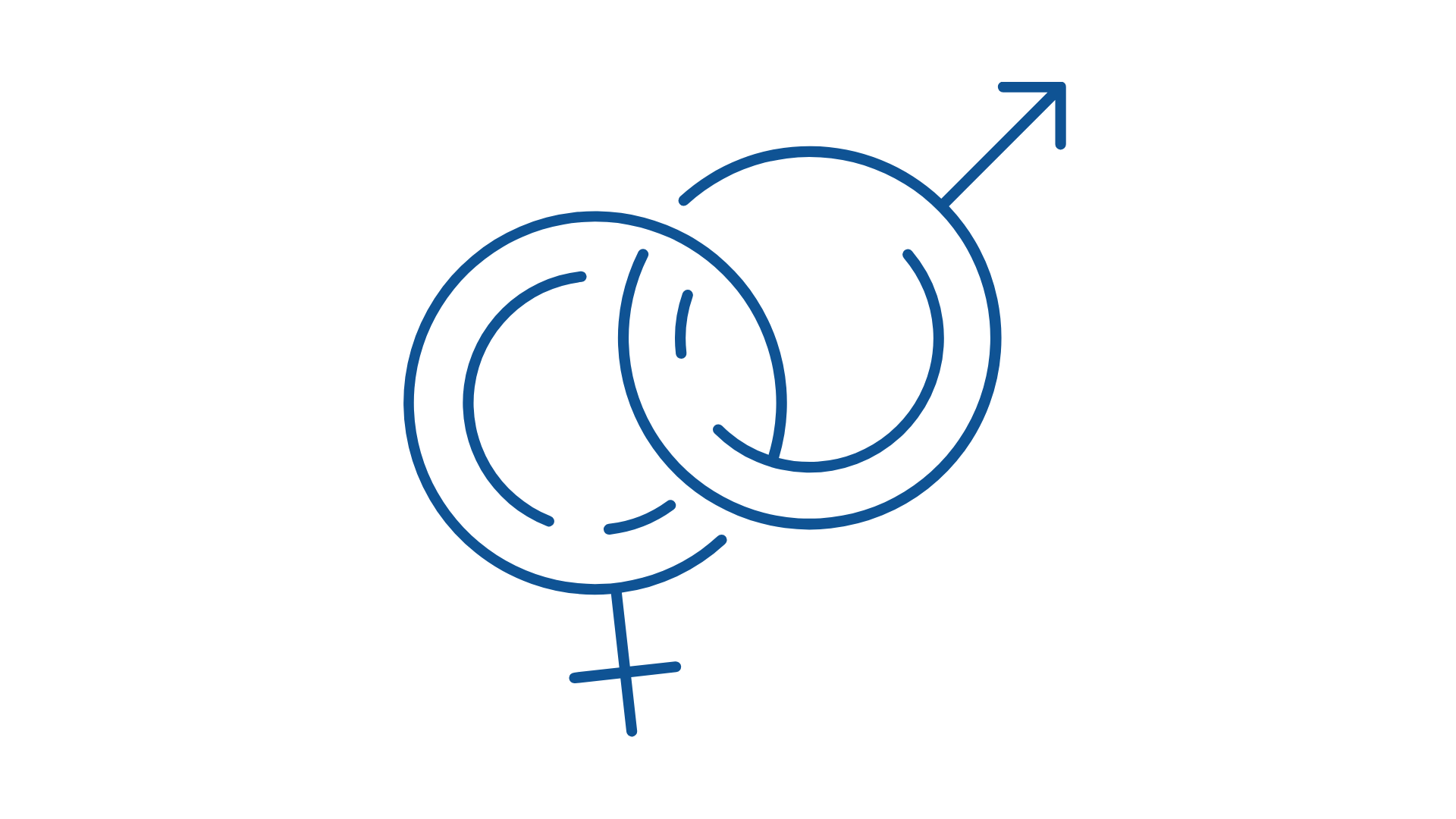What is it?
The Sexual Health Education Program (SHEP) is a structured educational program designed by age group, supporting children and adolescents through their sexual development processes with a holistic approach. It enables them to understand their bodies, reflect on their self-perception and judgments, make choices, and express what they think about other children and adolescents.
Purpose
Sexual health education that is age-appropriate and delivered in a safe environment that fosters secure social bonds helps adolescents and young people become confident individuals who are at peace with their bodies. It also encourages them to take responsibility in protecting themselves from risky behaviors and attitudes.
Through this program, it is aimed that children and adolescents:
Learn about their bodies,
Develop correct attitudes and behaviors regarding self-care,
Realize that their bodies are private, personal, and valuable,
Can say “no” to behaviors that violate their personal space and boundaries,
Are prepared for the changes they will experience during puberty,
Set boundaries when it comes to sharing private or bodily topics,
Question gender stereotypes,
Gain sensitivity in respecting others’ values and boundaries,
Approach sexuality within the framework of “safe sexuality” and protect themselves from risks,
Become informed and take responsibility,
Are able to protect themselves against boundary violations and various forms of sexual violence,
Are guided toward accurate sources of information.

